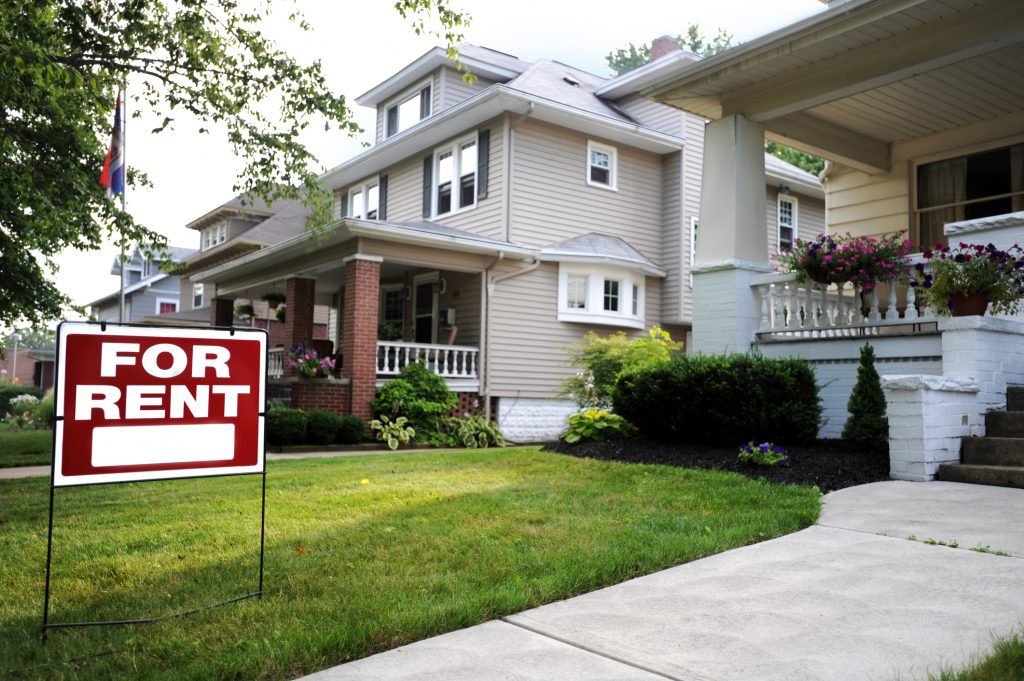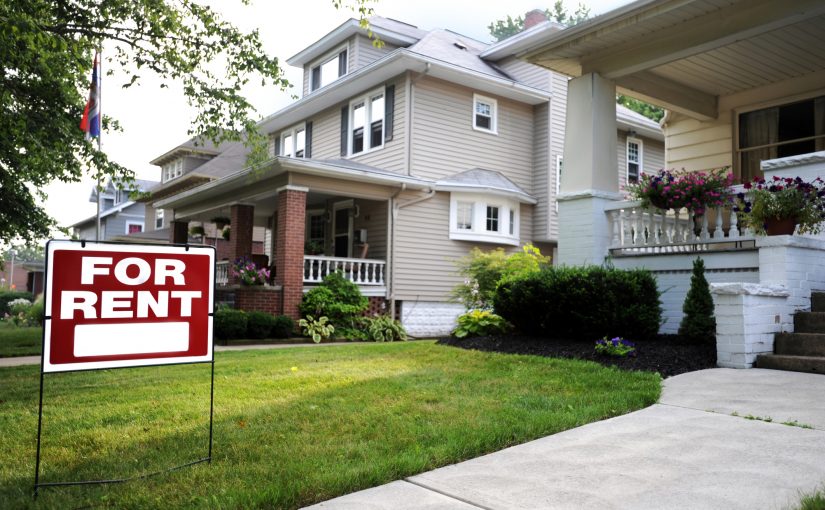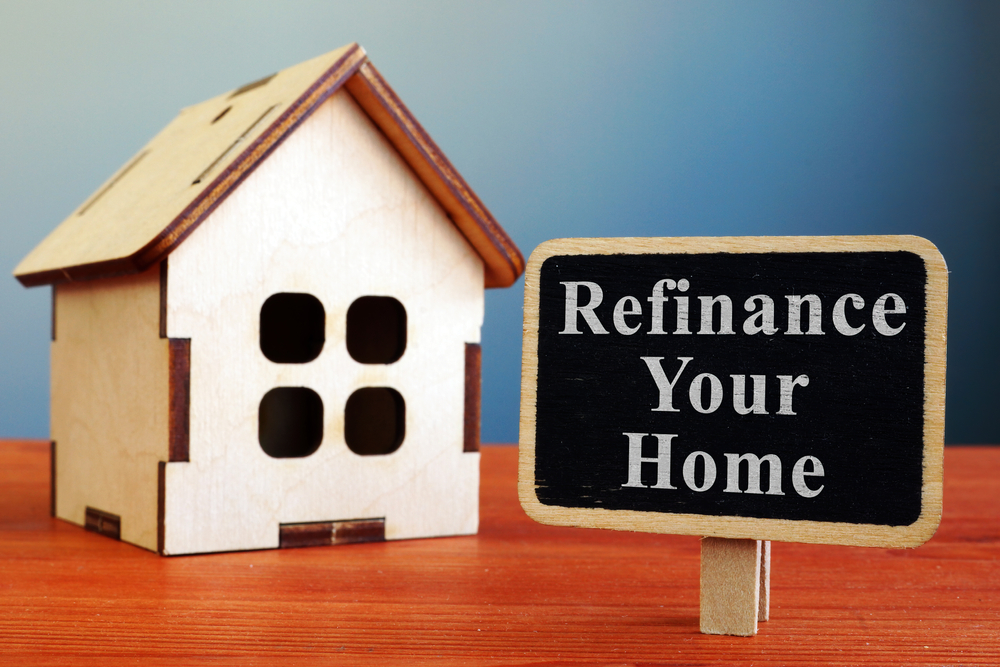
Purchasing a rental property can be a great investment; however, there is a lot that must be done to properly prepare a space for renters. As a rental property owner, you should apply the following tips to get your home ready for renters.
Invest in a Professional Cleaning
Before you welcome potential tenants to even view your rental home, be sure to give the premises a deep cleaning comprised of more than just your usual routine. A thorough, top-to-bottom cleaning should include:
- Cleaning and steaming the carpets to remove stains
- Changing the air filter and cleaning air ducts to remove dust and allergens
- Scrubbing tile floors, bathtubs, showers, toilets, sinks, baseboards, and molding until they shine
- Pressure washing exterior walls, windows, sidewalks, and driveway to remove dirt and grime
If you don’t have the equipment to complete such tasks, you may want to consider hiring a professional cleaning company to ensure each job is properly done.
Perform an Inspection
Be sure to give your property a comprehensive inspection to ensure that everything looks its best and functions properly. While a professional inspection should be conducted before renters move in, you will want to personally check each of the following items and areas of your home to ensure they are in good shape and don’t require repair, replacement, or renovation:
- Appliances
- Ceilings
- Doors
- Floors
- Roofing
- Interior and exterior walls
- Windows
- Toilets, baths, showers
- Various utilities (electrical, HVAC, plumbing, hot water heater)
If you notice that any of these areas have cracks, mold, water damage, or are compromised in any way, be sure to make the proper repairs before renting out your property.
Review Your Rental Property Mortgage
Remember to review your mortgage before advertising your rental property. Depending on your mortgage type, you may need to notify your mortgage company of your plans before renting out your property. If you need help understanding your mortgage, the experts at Butler Mortgage are here to help.
Your Central Florida Mortgage Professionals
When you need assistance with your mortgage, contact Butler Mortgage. We have been serving both first-time and seasoned home buyers in the Central Florida area for over 25 years and have the experience and expertise necessary to answer your questions regarding your loan contract. For more information on our excellent services or to sign up for a free consultation, fill out our online form or call us today at 407-931-3800.

















